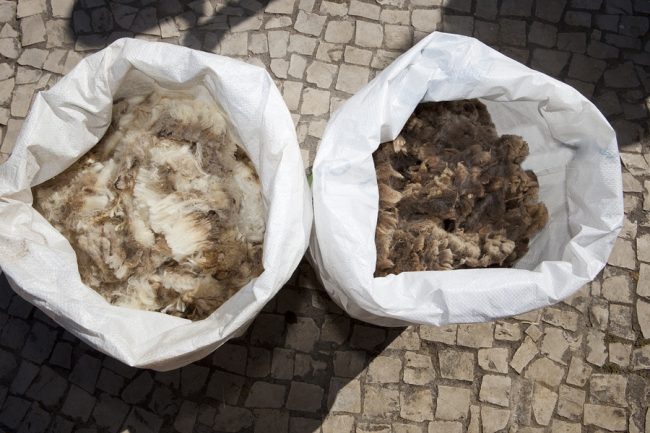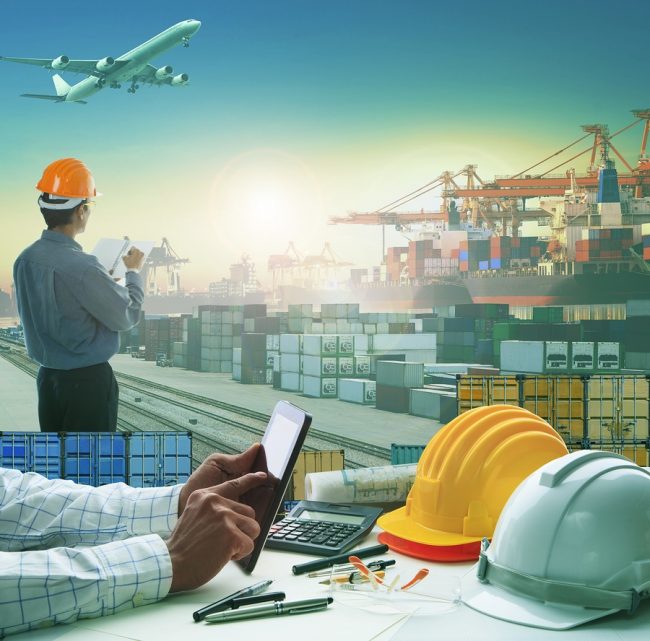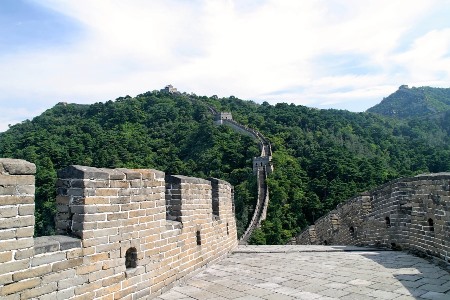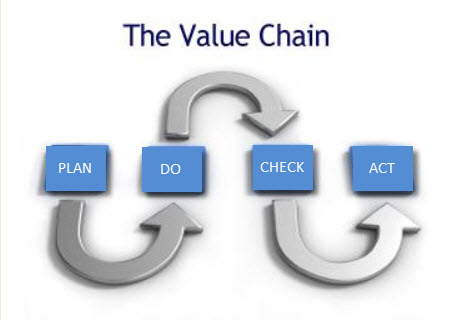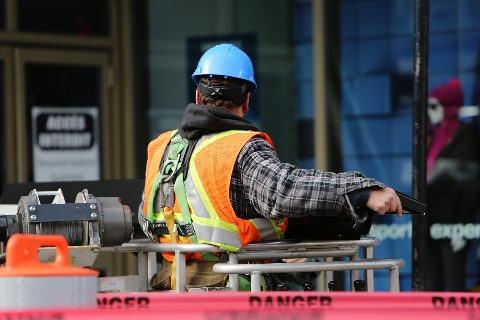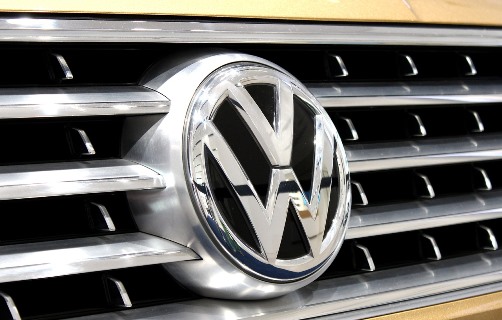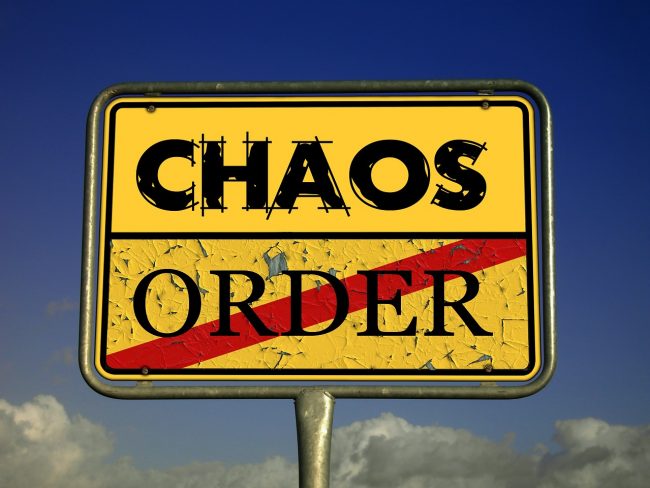How The Wool Industry Can Manage Risk To Grow Exports To China
Some things in life are simply meant to go together, and one such pairing is undeniably the Australian wool industry and China. Australia is the world’s number one producer of premium quality fine wool, and is the largest producer of all wools by value and volume. 73% of Australian wool exports go to China, the largest importer of wool in the world. In fact, Australian wool makes up 63% of the entire Chinese wool market.

